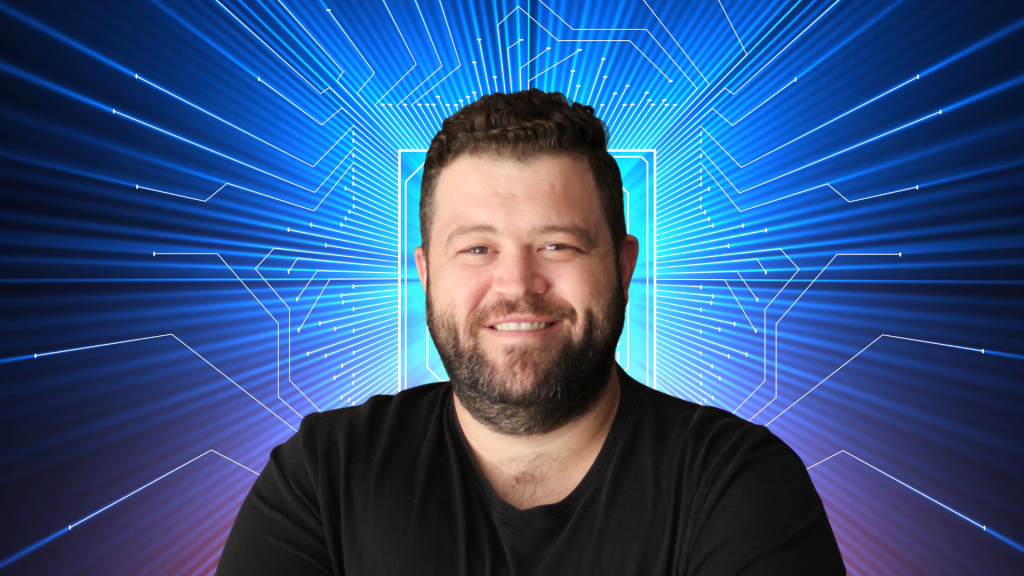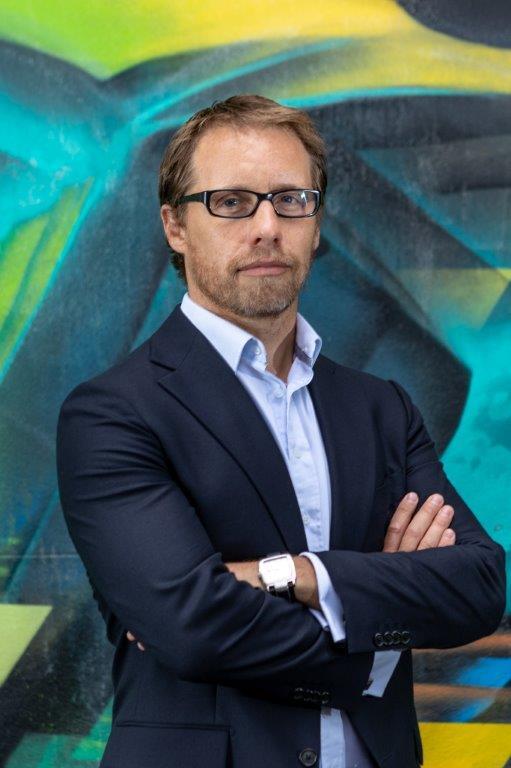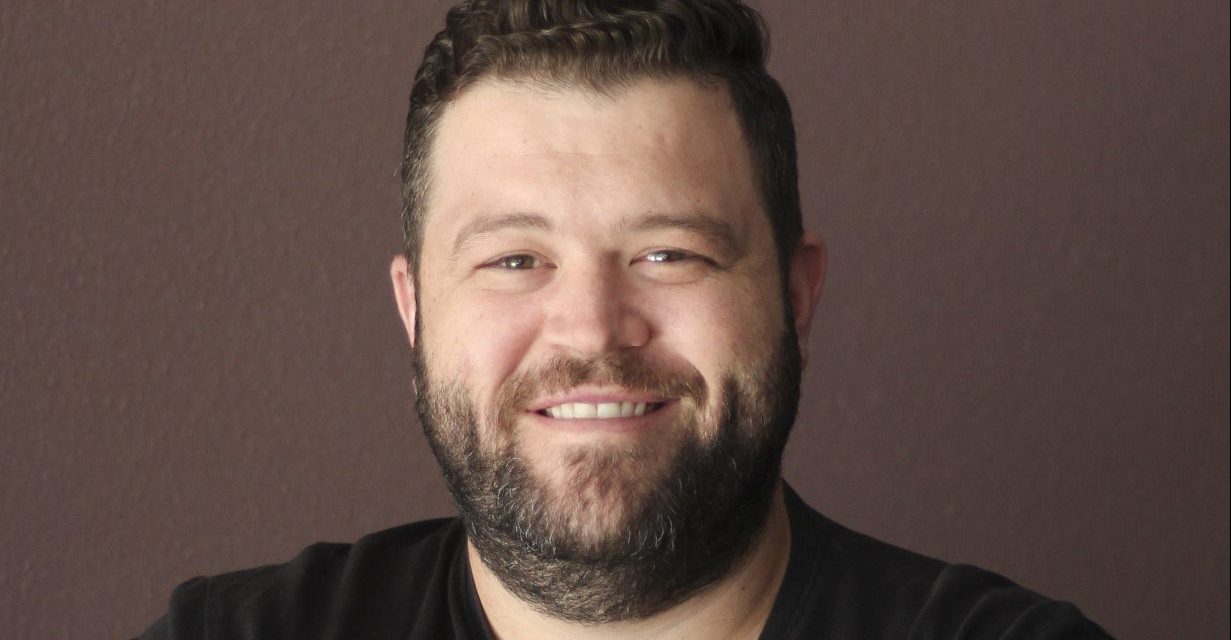Quantum computing was touted to smash the blockchain and destroy its security. Meet the developers making sure that doesn’t happen – and the investors that sought them out.

Quantum computing has been touted to be the destruction of all data encryption techniques as we know it.
While classical computers work in bits – represented through zeros or ones – quantum computers work in ‘quibits’ – zeros, ones or both at the same time. This allows it to breeze through existing computer encryption (i.e. instead of solving a maze by attempting each route once, a quantum computer can attempt all routes at the same time).
This has made blockchains (the digital public ledger that cryptocurrencies are bought, sold and traded on), which are known for their security and encryption features, incredibly vulnerable. Once quantum computers are commercially viable, it could potentially expose hundreds of billions of dollars’ worth of cryptocurrency to cyber criminals.
But one blockchain, Algorand, claims it is already ahead of the curve. Its chief technology officer, John Woods, says the blockchain is in its final stages of completely quantum-computing-proofing itself.
But how? In 2016, the US National Institute of Standards and Technology (NIST) ran a global competition, asking tech experts to develop cryptographic algorithms that were immune to quantum attacks. Over 50 different algorithms were entered, and after nearly 6 years of inspection and testing, a handful have been selected as winners – Crystals-Dilithium, Falcon and Sphincs+. These algorithms have become the world’s quantum-secure cryptographic standards.
Algorand have embedded one of these algorithms, Falcon, into their systems. In fact, several Algorand developers played a key role in its creation.
“It’s like a mathematical trapdoor,” Woods says.
It’s this kind of forward-thinking ethos that attracted Kiwi and Aussie Meld Ventures founders, AJ Milne and Michael Cotton, to become involved with the blockchain and eventually finance 40 Algorand-based projects, with each project still in operation.
“They were thinking about things that weren’t even on the radar for most blockchains – quantum resilience is an example.”
– Michael Cotton, chief product officer of Optio Capital
Today, the pair have closed Meld Ventures and opened Optio Capital – a new venture capital firm. They’ve brought on a third partner and opened investment up to limited partners to bring in more capital and invest in more crypto projects – still Algorand-heavy, but also on other blockchains. That’s despite the downturn in the market.
A golden idea
Gold is in Cotton’s blood, theoretically speaking. He’s the grandson of Barbara and Des Scanlan, who owned one of Australia’s largest rare coin collections, and was working the desk of a coin store at just 8 years old. Eventually, he amassed his own collection, which he’d later cash in for $80,000 to open his own store: Cotton & Co.
In the meantime, Milne was busy being an entrepreneur. He moved from New Zealand to Australia in 2005 and, in 2009, founded his own investment firm, Yenst Management. But in 2015, blockchain piqued his interest.

“It was more of an ideological thing for me,” he says. “Cutting out the middleman… I had already founded a peer-to-peer marketplace years earlier, so I was very interested in it.”
But the interest in Bitcoin and Ethereum would eventually extend to the prospect of digital gold. As fortune would have it, Milne and Cotton’s mutual friend suggested the two meet in 2019.
“Six of us were on a call,” Milne says. “I had to pull over on the motorway and do it on my phone. It went for about 75 minutes and just Michael [Cotton] and I spoke. I don’t even remember anyone else on the call,” he says.
From that phone call, Meld Gold was born as a digital platform that integrates into the existing gold supply chain. Users could buy and sell physical gold, which would be represented as a digital gold certificate on the platform. One Meld Gold Digital Certificate equals one gram of gold.
Cotton was the founder, and Milne acted as advisor and general manager. Algorand was the platform of choice to facilitate Meld Gold’s exchange. That’s because Cotton and Milne had heard Algorand founder, Silvio Micali, speak at MIT about how his blockchain was solving the trilemma: decentralisations, scalability and security.
“Silvio’s design for the trilemma is an incredible design – it’s a longer-term design,” Cotton says. “They were thinking about things that weren’t even on the radar for most blockchains – quantum resilience is an example.”
A year after Meld Gold’s inception, the pair saw an opportunity to build a venture capital firm backing the next wave of blockchain businesses on Algorand.
“In a bear market, which is what’s happening in the traditional markets and certainly into 2023, the mindset of founders and entrepreneurs’ changes.”
– AJ Milne, chief executive officer of Optio Capital
“We saw an opportunity to build businesses from the ground up,” Milne says. “There just wasn’t enough people building on it [Algorand], and coming back to our respective backgrounds as entrepreneurs, we thought, ‘Here’s an opportunity to build out the core infrastructure to support this ecosystem, and to bring on new talent to support the blockchain.”
After backing 40 projects on Algorand, Meld Ventures is now closed, for a number of reasons. Most importantly, Milne says, is because Meld was about a build mindset, and the business was shifting to a growth mindset. And the pair had brought in chief financial officer, Dustine Pang, so roles and responsibilities changed.
In defiance of crypto winter
One might think it’s an interesting time to a launch a fund targeted at crypto projects, given the downturn in the market. At the time of writing, Bitcoin was trading 68% down from its November 2021 peak, to $28,245. Algorand’s coin is worth US$0.32 down from its US$2 peak in November last year, too. All in all, Algorand’s market cap is around US$2.3 billion (Bitcoin’s is US$402 billion). But Milne and Cotton are unfazed.
“It’s always a good time to launch a fund,” Milne says confidently. “What is interesting is the shift in terms of the types of businesses being built, but also the business metrics they’re using,” he adds.
“In a bull market, you’re just getting a lot of ideas out there because the money’s flowing. In a bear market, which is what’s happening in the traditional markets and certainly into 2023, the mindset of founders and entrepreneurs’ changes.”
Cotton uses the euphemism, “Throwing pickles at a wall”. Over the last few years, he reckons there’s been a lot of pickle-throwing (in other words, founders throwing around ideas that aren’t built to last). The downturn in the market has separating the sticky pickles from the not-so-sticky ones, he says.
“Over the last 4 to 5 years, there have been some really great projects built,” Milne says. “There have been others that show the utility and the capability of the technology, and that’s fine in an early adopter stage, so 1% of the population.
“The challenge we have now is to get that up to 8% or 15% of the population. So, blockchain is just normalised in these projects.”
